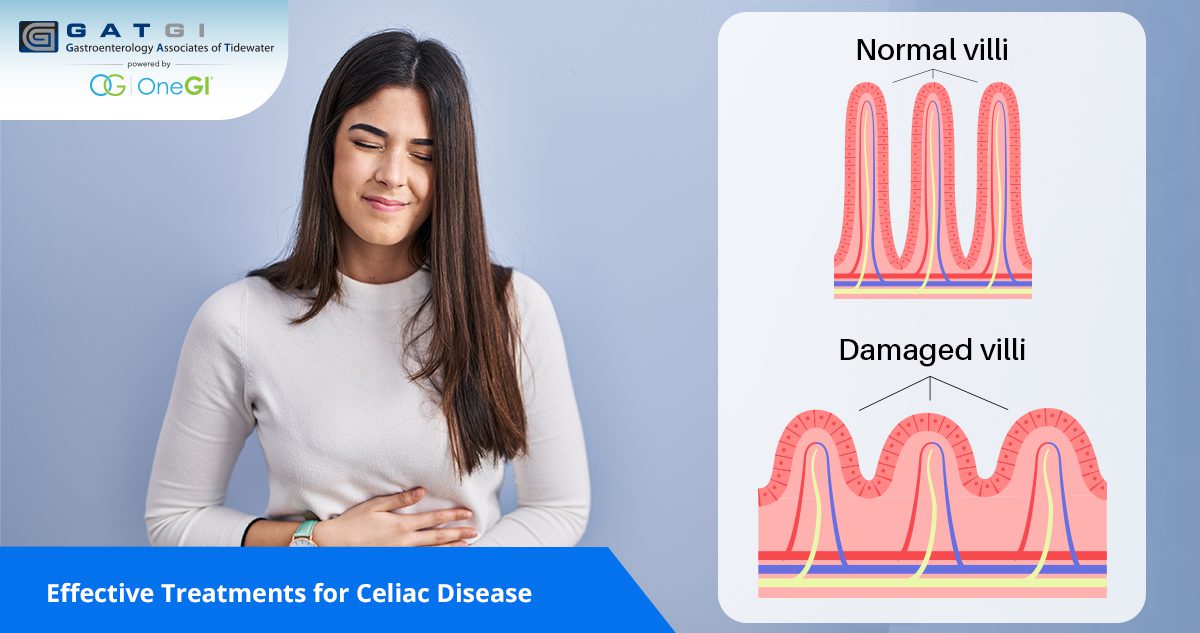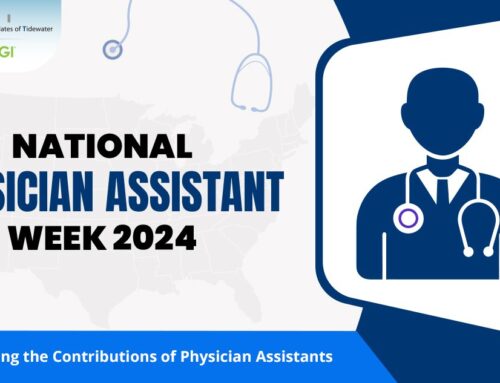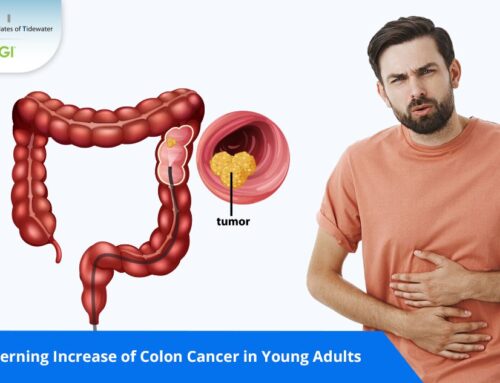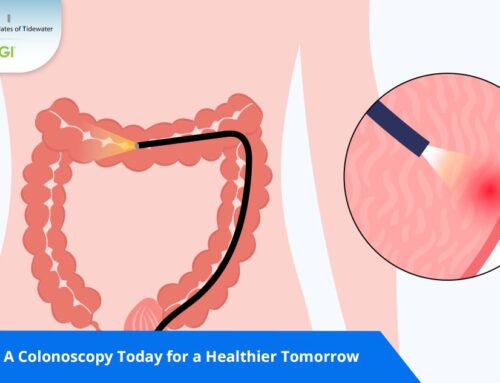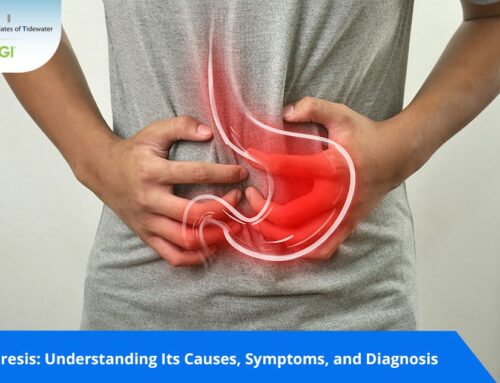Celiac disease is more prevalent than many people realize, yet it remains underdiagnosed. Experts from National Institute of Health estimate that approximately 2 million people in the United States and about 1 percent of the global population have celiac disease.
Dr. Brian Sullivan, gastroenterologist, believes celiac disease is underdiagnosed because many symptoms are often mistaken for other common ailments. Dr. Sullivan notes, “We still feel that the vast majority of celiac patients are not diagnosed and some of it is that they don’t present to their doctors. Patients feel they have just indigestion.”
For anyone living with this autoimmune disorder, understanding the most effective celiac disease treatments is crucial for managing symptoms and leading a healthy life. In this post, we’ll explore the best treatments available today, focusing on dietary changes, medications, and lifestyle adjustments. Whether you’re newly diagnosed or looking for ways to improve your management strategy, this guide is for you.
Understanding Celiac Disease
Celiac disease is an autoimmune disorder where ingesting gluten leads to damage in the small intestine. Gluten is a protein found in wheat, barley, and rye. In people with celiac disease, gluten triggers an immune response that attacks the lining of the small intestine, damaging the villi and impairing nutrient absorption.
One of the key disadvantages is that it hinders nutrient absorption:
- Leads to malnutrition
- Causes anemia
- Contributes to osteoporosis
Common Symptoms and Diagnosis
Recognizing celiac disease can be challenging because its symptoms often mimic other conditions. Understanding these symptoms and the diagnostic process is crucial. Celiac disease doctors emphasize the importance of early detection and intervention to prevent complications and improve quality of life.
Common symptoms include:
- Digestive issues like bloating, gas, and diarrhea
- Fatigue and weakness
- Anemia due to iron deficiency
- Osteoporosis or bone pain
- Skin rashes (dermatitis herpetiformis)
- Neurological symptoms like headaches or numbness
Diagnostic Process
Dr. Sullivan himself did not know he had celiac disease until he went through the diagnostic process. This experience underscores the critical importance of proper testing.
The diagnostic process for celiac disease involves a combination of symptom evaluation, blood tests, and often an intestinal biopsy through an endoscopy to confirm the presence of villous atrophy.
The Essential Role of a Gluten-Free Diet in Celiac Disease Management
The primary treatment for celiac disease is a strict gluten-free diet. This involves eliminating all sources of gluten from your diet.
Foods to Avoid
Avoid foods containing wheat, barley, and rye. This includes:
- Bread, pasta, and cereals
- Baked goods like cookies and cakes
- Beer and malt beverages
- Many processed foods
Safe Food Options
Focus on naturally gluten-free foods such as:
- Fruits and vegetables
- Meat, fish, and poultry
- Dairy products
- Gluten-free grains like rice, quinoa, and millet
Reading Labels
Dr. Sullivan emphasizes the importance of reading labels, even with gluten-free labeling regulations in place. “It’s still important that you read the ingredients looking for wheat, barley, and rye. That is really what’s going to spark an idea that there’s gluten in this product.”
For more insights from Dr. Sullivan on managing celiac disease, please watch his full interview on WVEC Channel 13 here.
Medications and Supplements
While a gluten-free diet is the cornerstone of celiac disease management, some medications and supplements can help manage symptoms and support overall health.
Enzyme Supplements
Enzyme supplements can help digest trace amounts of gluten that may accidentally be consumed. These are not a substitute for a gluten-free diet but can offer some protection against inadvertent gluten ingestion.
Nutritional Supplements
Given the malabsorption issues associated with celiac disease, taking supplements to address deficiencies is often necessary. Common supplements include:
- Iron for anemia
- Calcium and vitamin D for bone health
- B-complex vitamins for overall well-being
Anti-Inflammatory Medications
For those experiencing significant inflammation or damage, doctors might prescribe anti-inflammatory medications to help reduce symptoms and promote healing.
Early diagnosis and strict adherence to a gluten-free diet are paramount for managing celiac disease. While the condition can pose significant challenges, understanding effective treatments can empower you to take control of your health and improve your quality of life.
If you suspect you have celiac disease or are struggling with your current management plan, don’t hesitate to contact the GI associates doctors at Gastroenterology Associates of Tidewater at (757) 547-0798.

